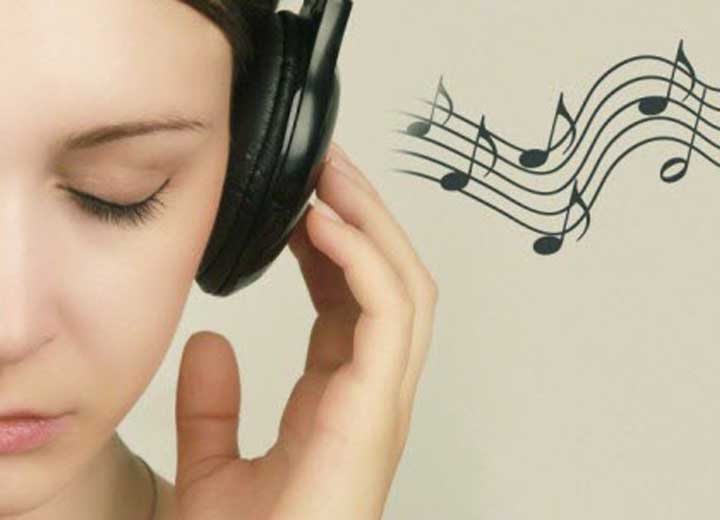A 2010 study published in the Nature Neuroscience Journal concluded that intense pleasure invoked by music causes the release of dopamine, a brain chemical associated with feelings of euphoria, similar to those invoked by ingestion of drugs or intake of pleasurable meals.
Addiction in any of its forms can be devastating. From alcoholism to drug addiction, the grip that holds an addict can be exceptionally difficult to break. Luckily, over the past several years, there have been a variety of breakthroughs in the field of addiction treatment and recovery that have dramatically increased the likelihood of staying addiction free long-term, which can allow these past addicts an opportunity for a normal, happy and healthy life.
Of these breakthroughs, arguably one the most interesting and effective is music therapy. While the reasons for music therapy’s effectiveness are vast, we now know that it has a strong effect on several brain areas and neurotransmitters associated with addiction, making recovery easier as well as improving the mood and mental state of those in recovery.
The Varied Forms of Music Therapy
Music therapy can take a large variety of different forms, from listening to music, dancing, singing or even creating music. All of these have been shown to have positive effects in a therapeutic setting. The primary power of music in a therapeutic context is that it can invoke a variety of positive gross and subtle emotional states, without the use of any substance or addiction. According to a study done by Michael Winkelmen, PhD, in the 2003 issue published American Journal of Public Health, even drumming, especially in groups, can have dramatically positive effects on addiction recovery. At this point, all forms of music seem to be effective in this regard, especially if they are fitting to the individual’s preference.
How Music Therapy Works
Only over the past decade has modern science realized how remarkably similar both addictive gratification and music are in relation to the effects both have on the brain. In the human brain, there are a variety of neurotransmitters that affect the way we feel, think, and view the world and ourselves. Some of these neurotransmitters include: beta-endorphins, enkephalins, serotonin, gaba, glutamate and dopamine. However, it is dopamine in particular that is highly associated with addictive behavior.
When a person ingests a drug, drinks alcohol or otherwise partakes in their addiction of choice, a huge flood of dopamine is released in the nucleus accumbens, causing pleasure as well as reinforcing addictive behavior. However, over time, this excessive dopamine causes our brains to become less sensitive to the effects of dopamine, causing depression, poor memory, inability to think clearly and, in many cases, anhedonia.
Similar to an addiction, listening to music causes the same release of dopamine, however, in much more healthy and balanced levels. This can allow music to be a much healthier alternative to the temporary rewards of addiction. Music also has a variety of other effects, such as the production of gaba inhibitors, which bring balance and stability to the otherwise chaotic neurotransmitter levels in an addict.
These effects that music has on the brain lead to a wide variety of positive health effects such as:
- Reduced Stress Levels
- Lowered Blood Pressure
- Improved Concentration
- Lessened Symptoms of Depression
Using Music as a Tool
While rehabilitation can be very hard, using music therapy can give one a fantastic and enjoyable break from the cravings and poor moods associated with recovery. Because of the positive effects that music can bring, it can be a great addition to any recovery plan. For those who are serious about breaking the cycle of addiction, it is essential to get help from trained professionals at treatment centers around your country. There are a variety of different inpatient rehabilitation facilities that incorporate music therapy into their recovery programs with great results.


